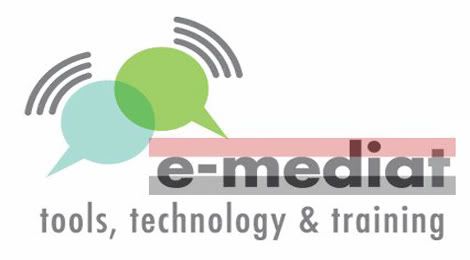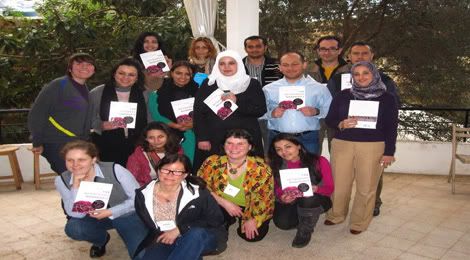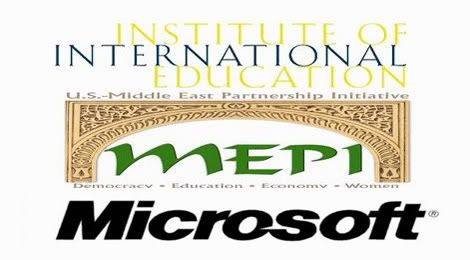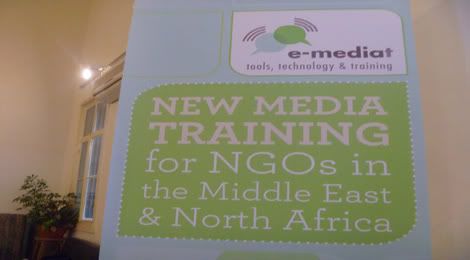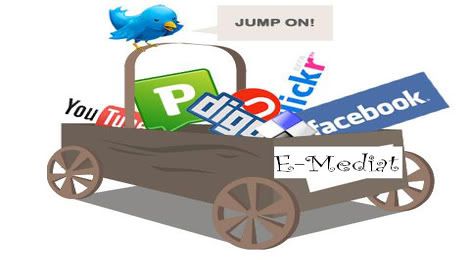BACKGROUND: New Media is a new technology training and capacity building program developed in response to Secretary Clinton’s announcement of Civil Society 2.0, an initiative which helps grassroots organizations around the world use digital technology to tell their stories, build membership and support, and connect to their community of peers around the world.
PARTNERS: The program is funded by the Middle East Partnership Initiative (MEPI) of the United States Department of State with support from Microsoft. The program is managed by the Institute of International Education (IIE), and implemented with a coalition of leading new media experts and local and international partners from the public and private sectors.
COUNTRIES: New Media will be implemented in five countries: • Jordan • Lebanon • Morocco • United Arab Emirates • Yemen
PROGRAM DETAILS: New Media will deliver targeted, cutting-edge new media training and coaching to a diverse group of 150 - 250 NGOs in order to build their digital infrastructure and capacity to use new media effectively. The program will create networks of diverse individuals and organizations that share knowledge, skills, and best practices in digital activism, new media, and advocacy. In-country trainings will start in April 2011.
Program specific components:
Trainings:
The Training Workshops will cover the following general topics:
Workshop #1 – New Media Overview and Strategic Planning
New Media and Digital Activism for Civil Society.
New Media Needs Assessment and Strategic Planning for NGOs and CSOs.
Coaching in small groups and one-on-one for NGOs and CSOs.
Workshop #2 – Websites and Blogs
Website Design Overview and Blog Development.
Website and Blog Needs Assessment and Planning.
Microsoft FrontPage training (beginning through advanced)
Workshop #3: Social Networks and Online Communities
Social Networks and Online Communities for Civic Activism and Engagement.
Social Networks and Online Communities Needs Assessment and Planning.
Workshop #4: Digital Film and Activism
Digital Film Production.
Editing Digital Films and Broadcasting Your Message.
Workshop #5: Text Messaging and Civic Engagement
Text Messaging Campaign and the Mobile Generation.
Uploading Audio and Video Content.
Strategic Plan Implementation Follow-Up.
2. Webinar Training Program
3. Coaching
4. Mentoring
E. Multi-lingual Online Learning Community
IIE in partnership with Meedan will create a customized multilingual online community for NGOs and CSOs. This platform will create a multi-lingual, social online learning community facilitating ongoing learning, increased information sharing, and productive collaborations among CSOs and NGOs.
F. Convene Boot Camps and National Meetings
IIE will organize day-long boot camps for all participant organizations, Training Partners, and key
stakeholders in each of the five MENA countries.
G. Establish NetSquared Local Groups
These events serve as an opportunity to convene local communities to share ideas, learn from each other, and even collaborate on projects for real world impact. They provide a chance to connect for all those interested in the intersection of social technologies and social change in their local community.

